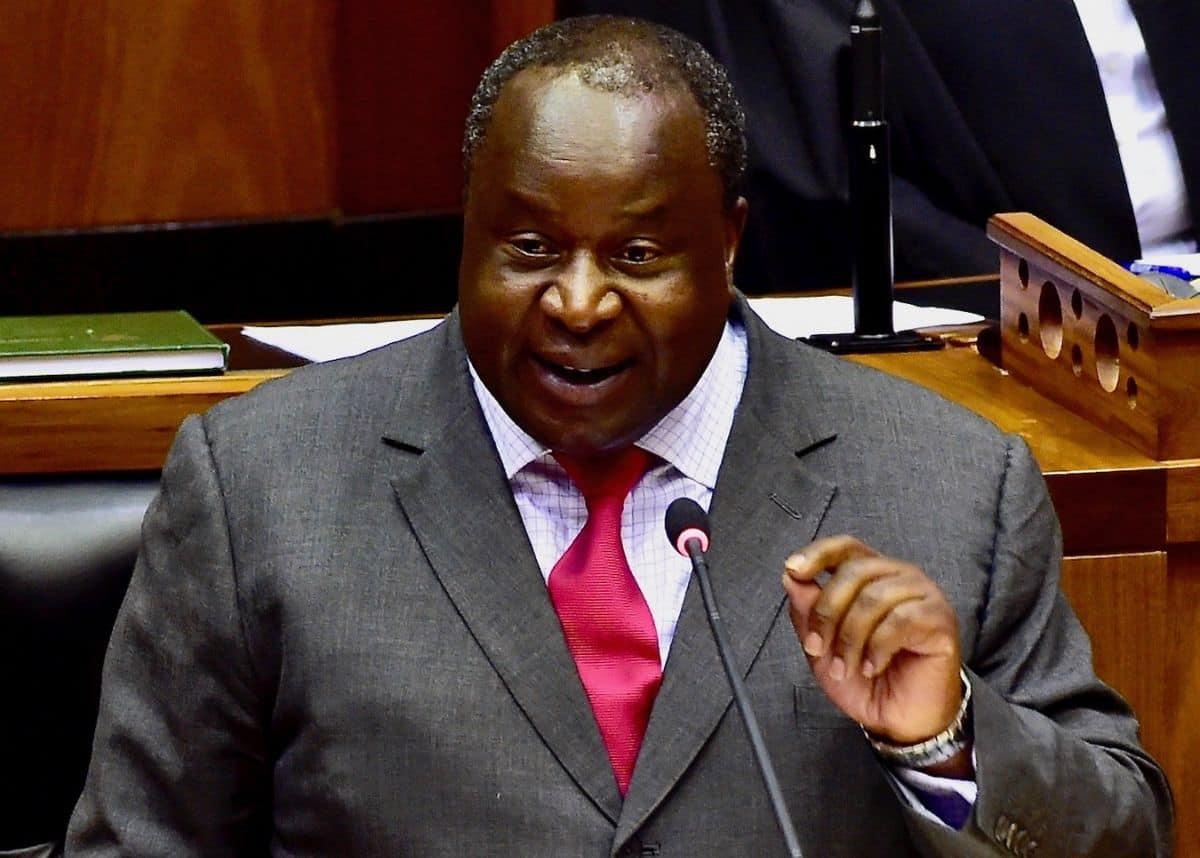The sustainability of the public finances will depend heavily on government’s ability to reduce growth in the public-service wage bill. Compensation accounted for about 34 per cent of consolidated spending in 2019/20. Between 2006/07 and 2019/20, compensation was one of the fastest-growing spending items, increasing faster than GDP growth. As outlined in previous editions of the Budget Review and MTBPS, by 2019/20 rising compensation spending had become unaffordable and was the main expenditure risk to the sustainability of the public finances. At the general government level (which includes municipalities), South Africa’s wage bill as a share of output is approximately 5 percentage points higher than the Organisation for Economic Co-operation and Development average – and on par with Iceland and Denmark.
The 2020 Budget proposed compensation reductions totalling R160.2 billion for 2020/21 to 2022/23, relative to the pre-Budget baseline. The 2020 MTBPS proposed further downward adjustments to compensation, amounting to R143.2 billion for 2021/22 to 2023/24. Including COVID-19 adjustments, compensation at the consolidated budget level is projected to grow by 2.1 per cent in the current year and 1.2 per cent per year over the medium term. These growth rates can be achieved through, for example, doing away with the annual cost-of-living adjustment in the public service up until 2023/24, together with measures to reduce headcounts – a combination of early retirement and natural attrition, as well as the freezing or abolishing of non-critical posts. In addition, government is exploring measures such as harmonising allowances and benefits, reconsidering pay progression rules and reviewing occupation-specific dispensations. Performance bonuses are already being phased out and careful consideration is being applied to amend or abolish some allowances and benefits. Wage negotiations will take place in the Public Service Co-ordinating Bargaining Council. Government will negotiate on the basis of fairness, equity and affordability. A pact that exceeds budgeted amounts would present a risk to the fiscal framework. For example, a three-year inflation linked agreement would raise the total shortfall to R112.9 billion by 2023/24. And an agreement similar to the one achieved in 2018 – 1 percentage point higher than inflation – would create a compensation shortfall of R132.7 billion (or 2.2 per cent of GDP) by 2023/24.
Wage bill court case affirms the National Treasury’s constitutional role in safeguarding public finances
In late 2019/20, government did not implement public-service salary increases for 2020/21 – which would have added over R37 billion to the 2020/21 wage bill – and tried to renegotiate terms. No agreement had been reached, however, a number of unions took government to court to compel implementation of the increase.
Government argued against this application on two main grounds:
- The original agreement was unlawful, because the National Treasury had never written to confirm that funding for its implementation would be provided, as required by the relevant regulations.
- Implementing the agreement, even if valid, would require reducing funding for activities that government is constitutionally obliged to deliver.
Ultimately, the court accepted the argument that the original agreement was invalid and unlawful, and affirmed the National Treasury’s constitutional role in safeguarding the public finances. While government remains committed to collective bargaining and healthy labour relations, this decision helps to maintain an appropriate balance between government’s responsibilities as an employer and as a provider of basic services.

